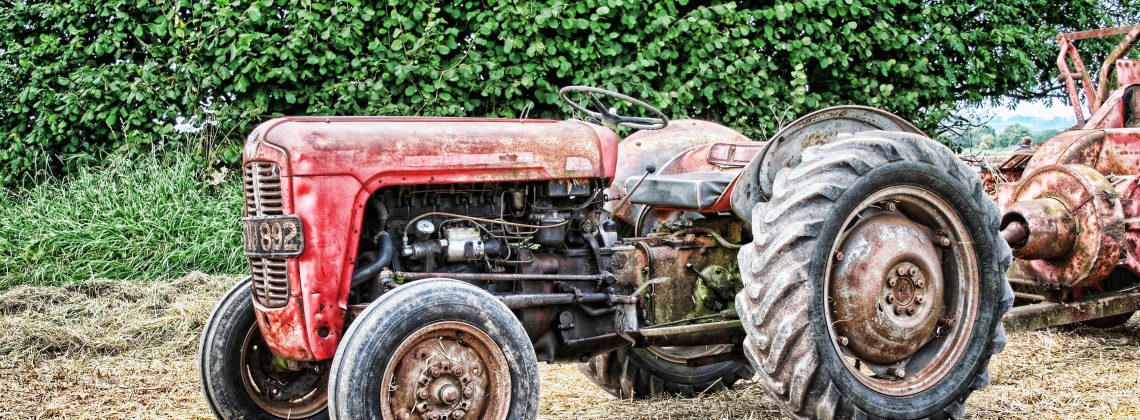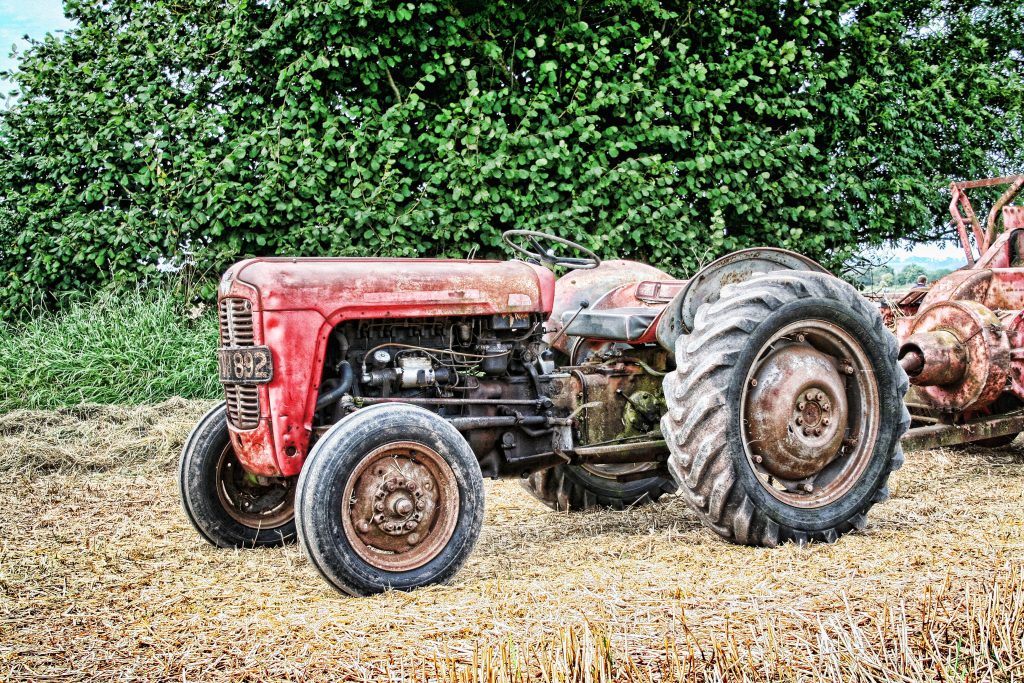

Treasure from the past surfacing in the present? That’s reason for thanksgiving
I’m drying my kids’ hair after bath time when I remember, and it’s the smell of soap that does it—suddenly I recall the home of some childhood friends, a place I see in old family movies, where I could stay at a moment’s notice, in this case, when my brother accidentally sliced his foot open on a broken pogo stick of all things; he would be fine, I should say, but still, there was a lot of blood and a trip to the emergency room, enough to terrify a child.
Anyway, it’s funny how memory works: one minute I’m trying to get unicorn pajamas over a damp head and the next I’m remembering words of consolation, a bath and being tucked into thin cotton sheets, and when I couldn’t sleep, wandering through a strange bedroom in the dark—not dark exactly but pale with moonlight—and opening a round tobacco tin on a nearby shelf and the sweet smell of it, earthy and pungent, thinking to myself, this is from the farm, the woods, the fields, the world of grownups who drove trucks and tractors, who smelled of machine and gun oil, diesel exhaust, and dirt. And then leaving at the end of the night. I must have fallen asleep because someone carries me to our car where I see our friends’ house lit by brake lights in swirls of driveway dust, framed by the backseat window—“Your brother is going to be fine,” someone must have said.
I’m not sure what prompts the mind to record some memories in high-resolution detail, but maybe it’s discovery, revelation, like the one where I’m beside my sister’s crib, writing words and sounding them out, recognizing continuity between the letters and the sounds in my mouth, a recollection that conjures up afternoon light, a blue crayon’s waxy crumble, and a small nook between canvas curtains and a baby crib. With the memory of my brother’s injury, it’s the revelation that things can turn out okay, like, this is what “fine” feels like, and the shape of the thing: the near miss, the relieved tension, the thought that everything might have gone differently, but didn’t.
Like after my daughter was born, safe and sound, and the doctor showed me the knot in her umbilical cord, “Would you look at that?” he said, and I remember every detail from the trip with my dad for his benign diagnosis; afterwards we ate at his favorite restaurant, and he blessed the meal, and we ate like it was blessed—fried catfish, French bread, and chargrilled oysters in garlic and butter so hot that it bubbled in shells black as embers—eating like one does with loved ones, without self-regard, talking and laughing as we shared our food, and the drive back, riding in silence, mercifully free from a diagnosis that can change everything, with the deep thrum of the highway, the bright haze of summer heat.
Memories like my brother’s injury recall the stones I used to collect, that I treasured and squirreled away, that would turn up in surprising places around my house—Oh, I had forgotten that one—so I think of them like stones flung into the future, and although I realize that darkness is a given, that encounters with illness, accident, and injury are inevitable, that a comic view of life where all’s-well-that-ends-well is naïve, I hope that my kids’ lives are strewn, littered, scattered with such memories, little gems waiting to be discovered. I wish them a lifetime of near misses, close calls, happy endings.
Robert Erle Barham is Associate Professor of English at Covenant College in Lookout Mountain, GA. He is associate editor of Current.
Robert Erle Barham is Associate Professor of English at Covenant College in Lookout Mountain, GA.